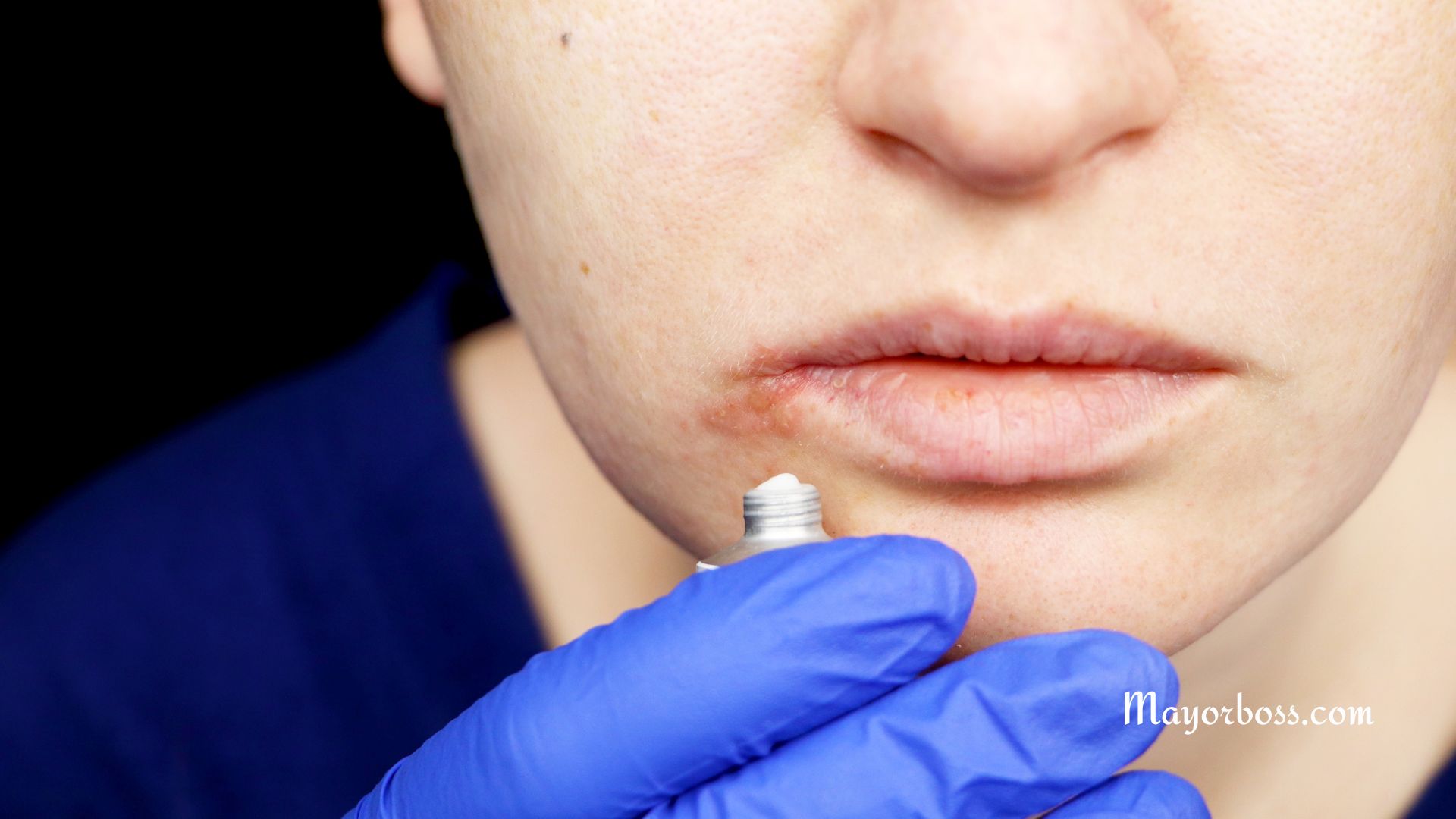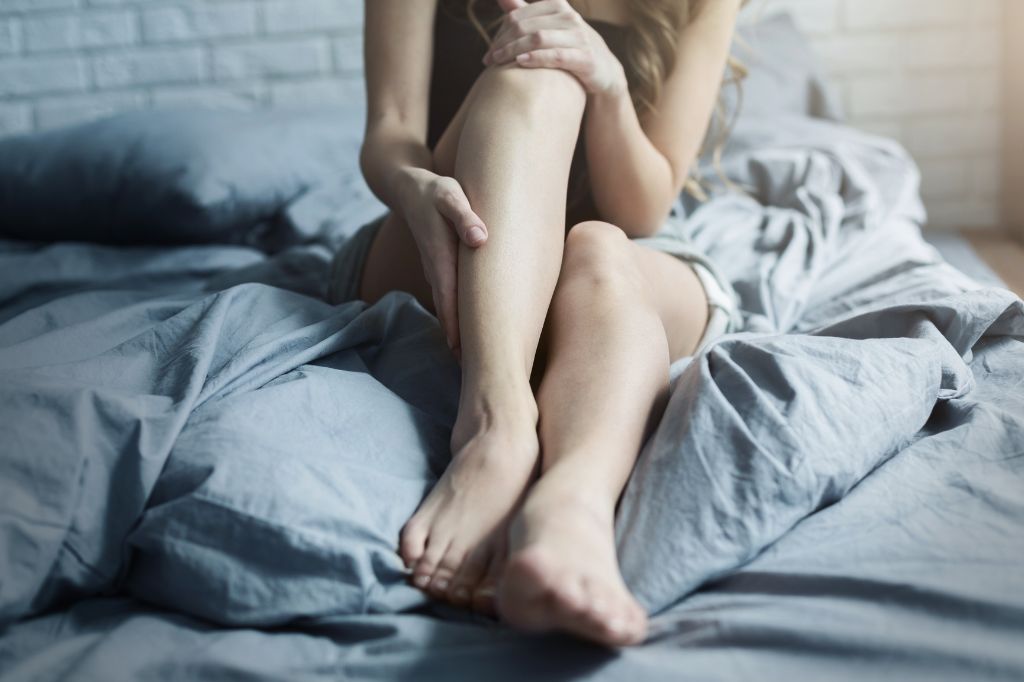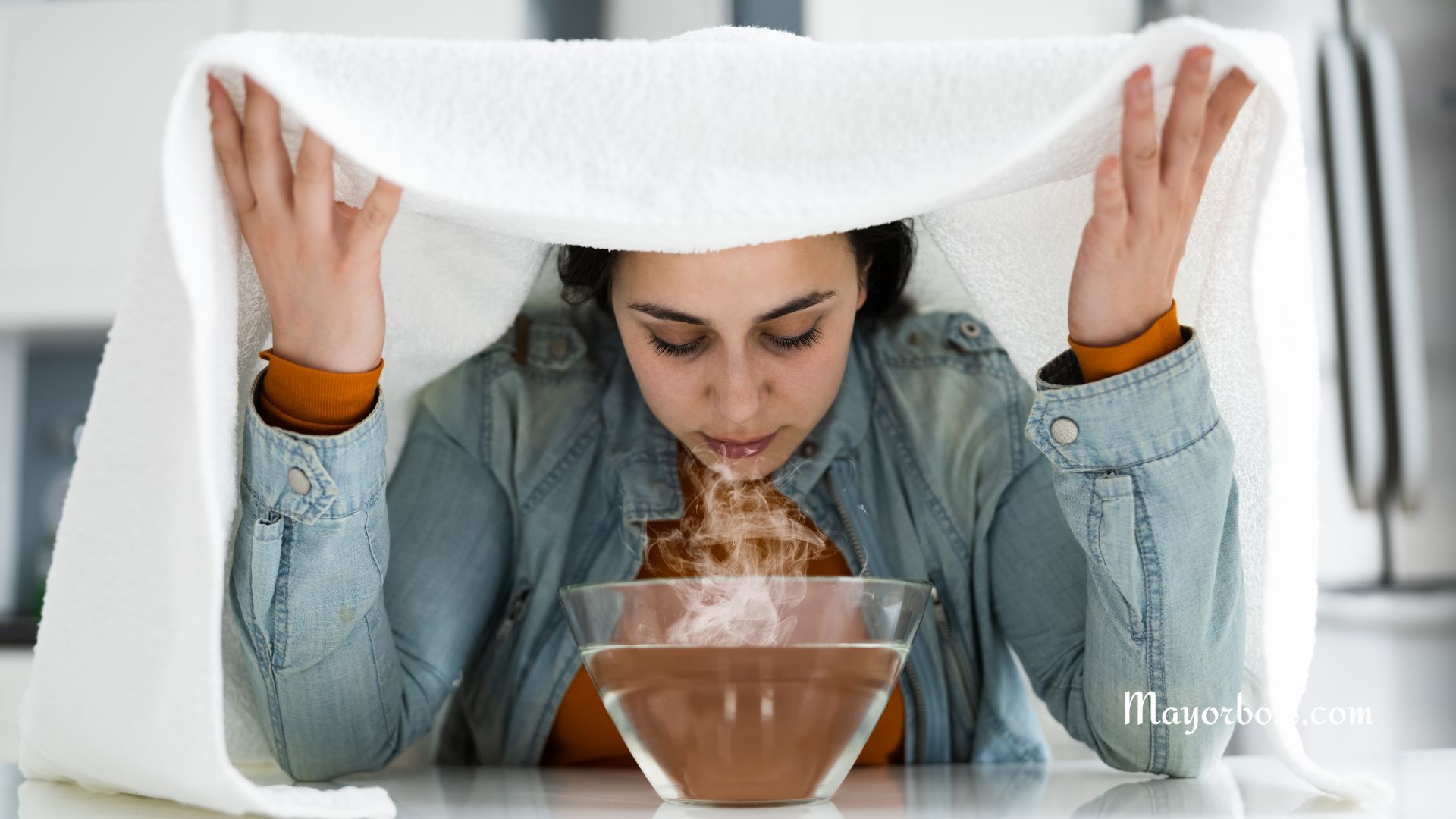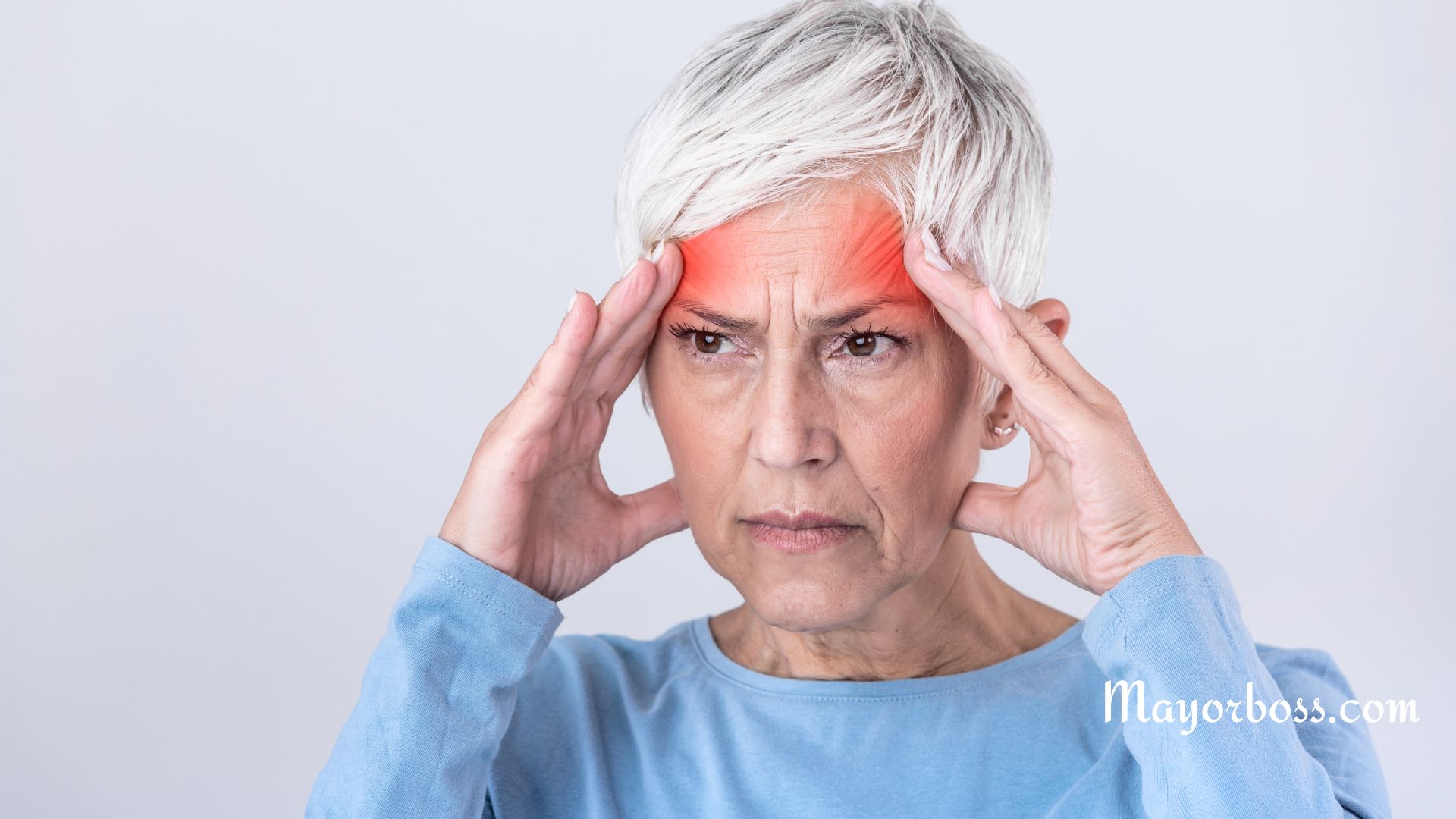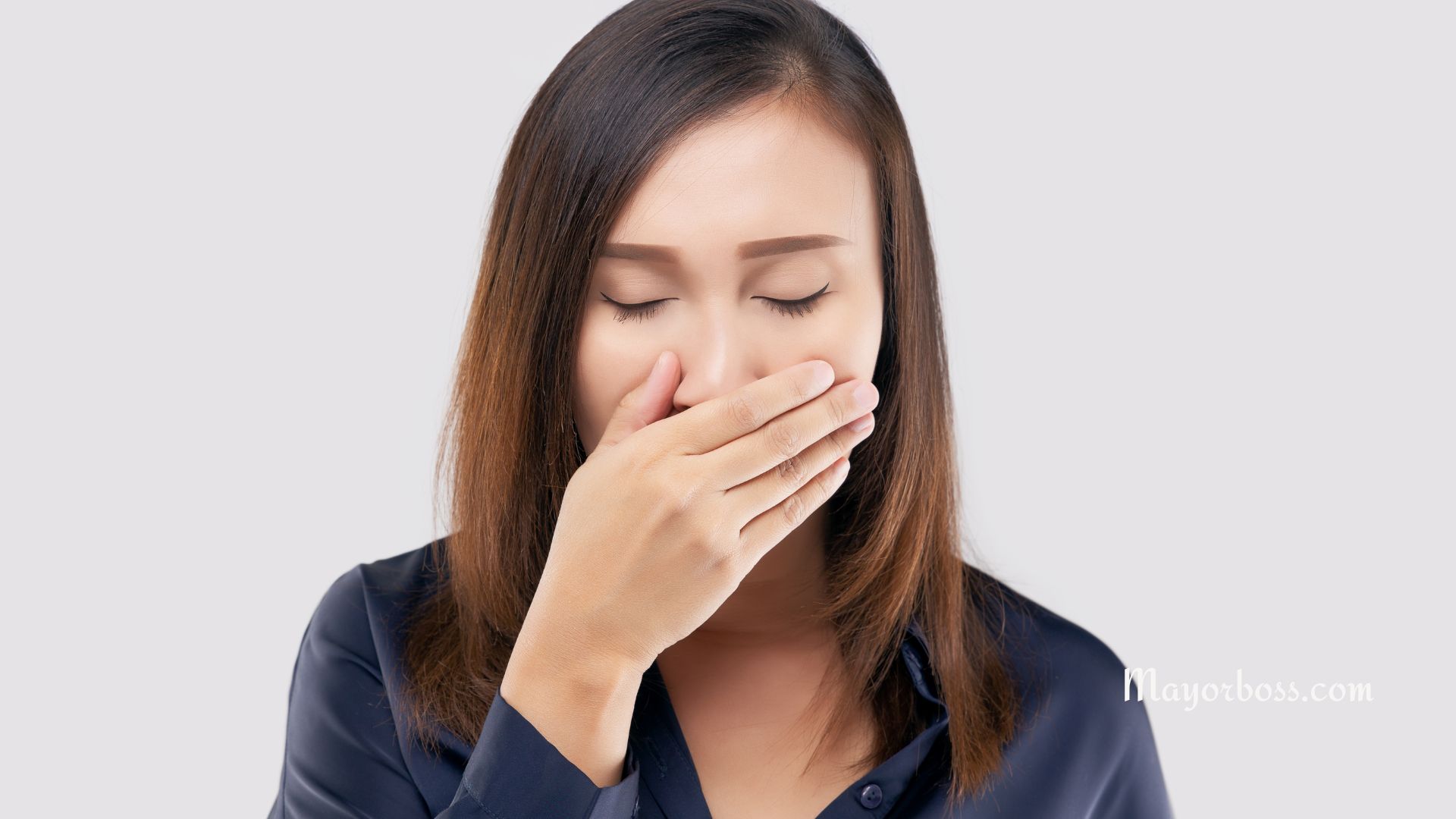How to Get Rid of Headaches
In your day-to-day activities, it’s likely you’ve encountered a headache. It’s a common condition that can be caused by numerous factors, such as stress, dehydration, or poor posture. The question now is: How do you get rid of headaches? So let’s dive into this topic and explore ways to ease your discomfort.
Although headaches are common, their root causes can be quite diverse. According to medical research, headaches can be categorized into two main types: primary and secondary.
Primary headaches include tension-type headaches, migraines, and cluster headaches. In particular, secondary headaches are a symptom of another disease or condition, such as sinusitis or high blood pressure. So, understanding the type of headache you’re experiencing can also guide you toward the best treatment.
How to Get Rid of Headaches
Actually, the process of getting rid of headaches starts with making necessary lifestyle changes. These could include alterations in your diet, exercise routine, and sleep schedule. We all know that maintaining a healthy lifestyle is key to preventing numerous health issues, and headaches are no different.
Stay Hydrated by Drinking Water
One of the simplest methods to prevent headaches is staying hydrated. It has been shown in studies that dehydration can lead to the onset of headaches. So, make sure you are drinking enough water throughout the day. By increasing your water intake, you might find a decrease in the frequency and intensity of your headaches.
In addition to water, consuming foods that are particularly high in water content, such as fruits and vegetables, can also help.
Try a Cold Compress
When it comes to easing the discomfort of headaches, applying a cold compress to the forehead and neck can make a significant difference. The cold from the compress can help to reduce inflammation that might be contributing to your headache, and it also numbs the area, providing relief. Simply wrap some ice or a bag of frozen peas in a cloth and place it on your forehead for about 15 minutes at a time.
Massage
I suggest that a gentle massage can also alleviate headache symptoms. This could involve massaging the temples, neck, or scalp, as tension in these areas can lead to headaches. In fact, research has shown that regular massages may help reduce the frequency of headaches. Therefore, incorporating massage into your regular routine might be beneficial.
Use a Heating Pad or Hot Compress
In contrast to the cold compress, a heating pad or hot compress can also be effective. This is particularly true for tension headaches. Applying heat to the back of your neck can help to relax tense muscles and relieve the pain. Remember to ensure that the heat is comfortable and not too hot to avoid burns.
Sip on Some Caffeine
Yes, caffeine can actually help in some cases. A small amount of caffeine can enhance the pain-relieving effects of over-the-counter headache medications. But be cautious, as too much caffeine or withdrawal from it can lead to caffeine-related headaches. It’s all about balance.
Dietary Considerations
When it comes to your diet, some foods can trigger headaches, especially migraines. Foods like aged cheeses, processed meats, and alcohol might worsen your condition. That’s why it’s crucial to identify potential dietary triggers and adjust your eating habits accordingly.
Regular Exercise
In addition to hydration, regular physical activity can also help prevent headaches. Exercise stimulates your body to release endorphins, which are natural painkillers. Thus, maintaining a regular exercise routine might not only alleviate your headaches but also enhance your overall health.
Adequate Sleep
But that’s not all. Adequate sleep is equally important. Poor sleep patterns often trigger headaches, so ensure you get 7-9 hours of sleep per night. Avoid electronics before bed and try to keep a consistent sleep schedule.
Relaxation Techniques
Stress is a major trigger for many people who suffer from headaches. Techniques such as yoga, meditation, and deep breathing exercises can help manage stress levels and, consequently, reduce the frequency of headaches. By practicing these stress-relief techniques, you can improve your overall well-being and reduce your headache symptoms.
Over-the-Counter Medications
Sadly, if your headache is severe and lifestyle changes are not enough to alleviate the pain, over-the-counter medications such as ibuprofen, Acetaminophen, Naproxen sodium, or aspirin might be necessary.
Healthy Eating Habits
Poor nutrition can also contribute to headaches. Consuming a balanced diet is key in preventing them. Foods high in magnesium, such as almonds, spinach, and oatmeal, are known to help reduce headache symptoms. Additionally, eating regular meals can help prevent low blood sugar, which can trigger headaches.
Medical Assistance
In fact, persistent or severe headaches that interfere with your life may require medical attention. If your headaches persist despite your self-care efforts, it’s essential to seek help from a healthcare professional.
Further Reading: Morning Headaches: Why Do I Keep Waking Up With A Headache?

